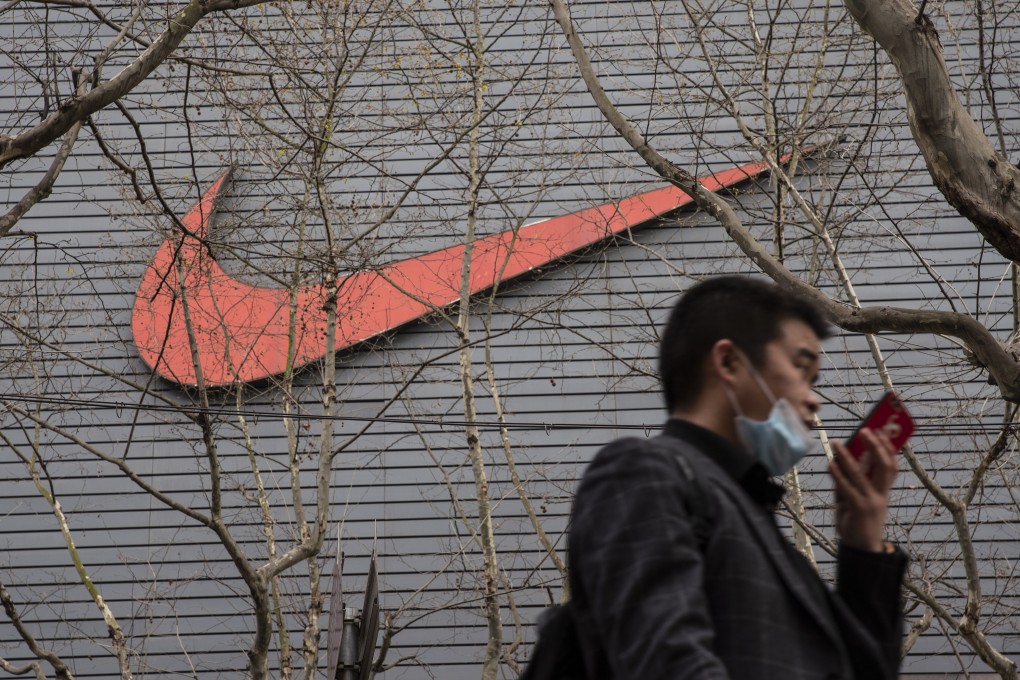Chinese consumers flock to foreign brands on Alibaba platforms, providing a bright spot amid bleak Singles’ Day shopping festival
- A total of 82 brands, including Nike, P&G and North Face, each reported over US$13.8 million in sales on November 1, according to data provided by Alibaba
- However, pre-orders on Alibaba’s Tmall for the last week of October were flat year on year, according to research firm YipitData

Chinese consumers, who have curbed spending amid the country’s strict Covid-19 controls, are still keen to grab online bargains from trusted foreign brands, providing a rare bright spot in a lacklustre Singles’ Day shopping festival this year.
The branded stores on Tmall, a key e-commerce platform of Alibaba Group Holding, acquired more than 66 million new “members”, a label given to loyal customers, during the pre-sales period starting October 24, according to data released by Alibaba.
A total of 82 brands, including US sports apparel giant Nike, US personal care group P&G, and outdoor gear producer North Face, each reported over 100 million yuan (US$13.8 million) in “member generated” sales on November 1, according to selected data provided by the Hangzhou-based e-commerce giant.
During the first sales window, 750 overseas brands on Tmall Global achieved more than 100 per cent year on year growth in gross merchandise value (GMV). Of the overseas brands on Tmall Global that were new to the China market, 300 exceeded 1 million yuan in GMV, and 20 surpassed 10 million yuan in GMV.
Alibaba, owner of the South China Morning Post, has not released the overall sales on its Tmall and Taobao platforms. Alibaba, which is facing fierce competition from other platforms, weakened consumer demand and regulatory scrutiny, stopped disclosing overall Singles’ Day sales data last year.
The figure, which has been seen as a barometer on the health of China’s e-commerce industry, was likely withheld because it does not paint a rosy picture.
Meanwhile, third-party data showed a bleak picture for the Singles’ Day shopping season. Pre-orders on Tmall for the last week of October were flat year on year, according to research firm YipitData. The number of merchants taking part in presales dropped 18 per cent from a year ago, the firm said.